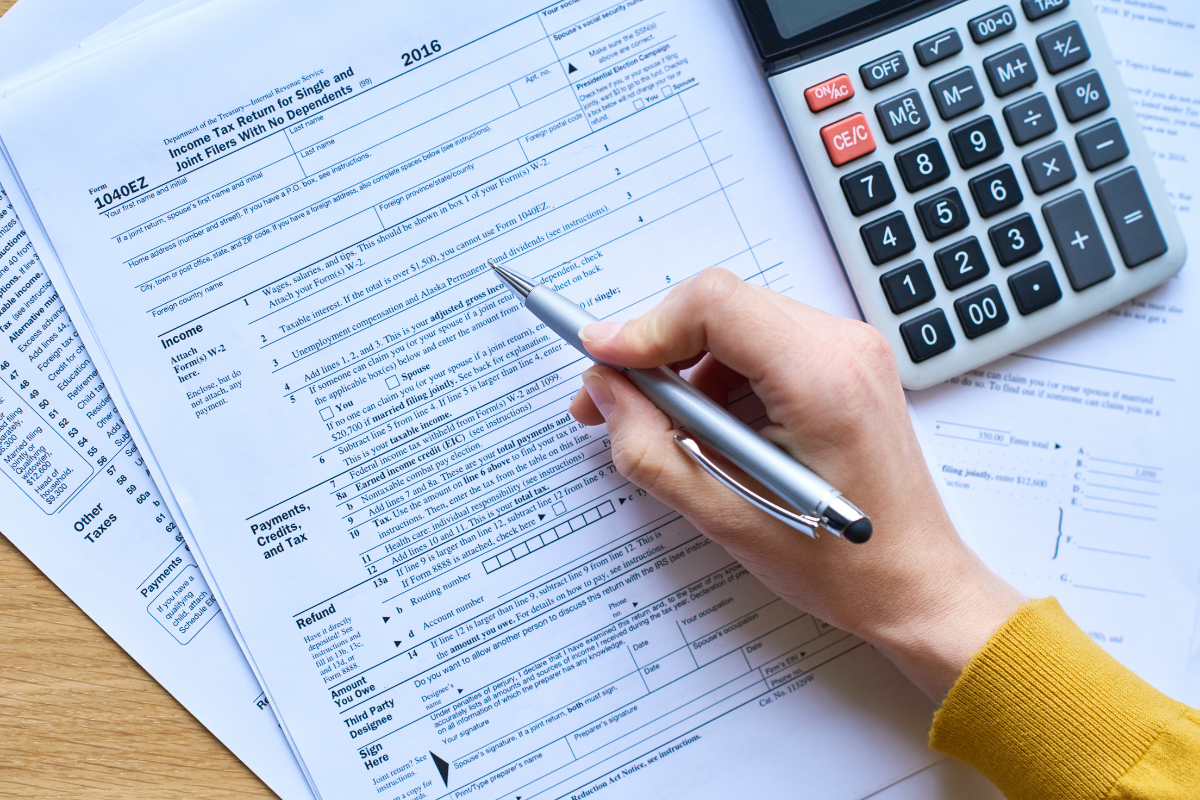Filing your taxes on time is more than a legal obligation—it’s a smart financial practice that helps you avoid penalties and stay in good standing with the Canada Revenue Agency (CRA). Whether you’re an individual, a self-employed professional, or a business owner, understanding the deadlines and requirements for the 2025 tax season is essential.
This guide outlines all the key due dates, what documents you’ll need, and step-by-step tips to help you prepare. Whether you’re doing it yourself or working with a tax filing professional, staying informed is the first step toward a stress-free tax season.
Key Tax Deadlines in 2025
April 30, 2025 – Personal Tax Return Deadline
If you’re an employee or earn income from employment, investments, or other sources (excluding self-employment), your T1 personal income tax return is due by April 30, 2025. Payment for any taxes owed is also due on this date.
June 15, 2025 – Self-Employed Individuals
Self-employed Canadians and their spouses or common-law partners have until June 15, 2025, to file their tax returns. However, any balance owing must still be paid by April 30, 2025.
March 1, 2025 – RRSP Contribution Deadline
To claim a deduction for your 2024 tax return, you must make RRSP contributions by March 1, 2025.
January 31, 2025 – T4 and T5 Slip Deadlines (Employers and Businesses)
If you’re a business owner or employer, you must issue T4 and T5 slips to your employees or contractors by the end of January.
Step-by-Step Guide to Tax Filing in 2025
Step 1: Gather Your Tax Documents
Start by collecting all necessary slips and receipts, including T4 slips for employment income, T5 slips for investment income, RRSP contribution receipts, tuition and education amounts (T2202), business or self-employment income statements, medical and childcare receipts, and home office expense details if applicable.![]()

Step 2: Organize Financial Records
If you’re self-employed or own a small business, keeping your income and expenses well-organized is critical. Many businesses rely on proper bookkeeping service to ensure accurate and timely tax preparation.
Step 3: Claim All Eligible Deductions and Credits
Maximize your refund or minimize what you owe by claiming eligible deductions such as RRSP contributions, childcare expenses, medical expenses, home office costs, Canada Workers Benefit (CWB), and the Disability Tax Credit (DTC). A tax consultant can help ensure you’re not missing out on deductions that apply to your situation.
Step 4: File Your Taxes
You can file online using CRA-certified software, work with a licensed tax filing professional, or mail a paper return. Be aware that paper returns can take longer to process.
What Happens If You File Late?
Missing the April 30 deadline could result in a 5 percent late-filing penalty, plus 1 percent per month on your outstanding balance for up to 12 months. Interest also accumulates on unpaid amounts starting May 1, 2025.
For self-employed individuals, filing after June 15 may also trigger late-filing penalties if there is a balance owing from April 30.
Stay Ahead with Professional Support
At Ihcpa.ca, we help individuals, freelancers, and business owners across Canada navigate tax season with clarity and confidence. From CPA services to personal tax planning, our experienced team ensures your returns are accurate and filed on time.
Mark your calendar with key tax deadlines and take the time now to organize your paperwork. Whether you handle your taxes independently or with expert support, being proactive will help avoid last-minute stress and costly penalties.
If you need help with planning, filing, or understanding your obligations, Ihcpa.ca is here to assist.


